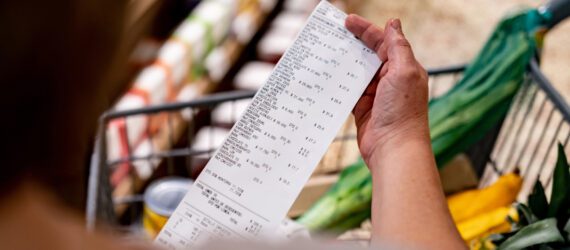Washington, D.C.–The states with the highest proportion of hungry and poor people are in the South, according to a Bread for the World analysis of the latest U.S. Census data. Several states in the region account for large portions of the more than 49 million Americans who were at risk of hunger and 45 million Americans who lived in poverty last year.
The states with the highest percentage of food insecurity, or hunger, are Arkansas (21.2 percent); Mississippi (21.1 percent); Texas (18.0 percent); Tennessee (17.4 percent); North Carolina (17.3 percent); Missouri (16.9 percent); Alabama (16.7 percent); Georgia (16.6 percent); Louisiana (16.5 percent); and Kentucky (16.4 percent).
“With families on average still earning $4,500 less than before the recession, the road to recovery and freedom from food insecurity will continue to be an arduous one,” said Rev. David Beckmann, president of Bread for the World.
The states with the highest percentage of poverty are Mississippi (24.0 percent); New Mexico (21.9 percent); Louisiana (19.8 percent); Arkansas (19.7 percent); Georgia (19.0 percent); Washington, D.C. (18.9 percent); Kentucky (18.8 percent); Alabama (18.7 percent); Arizona (18.6 percent); and South Carolina (18.6 percent).
According to Bread’s analysis, these Southern states also had one of the highest participation rates in the federal Supplemental Nutrition Assistance Program (SNAP, formerly food stamps). Congress proposed cutting funding for SNAP 13 times last year despite the program helping move 3.7 million Americans out of poverty.
Children continued to be a segment of the population that was most vulnerable to hunger and poverty. Last year, 1 in 5 American children were living in poverty, which included 5.2 million children under the age of 6.
“Federal safety-net programs prevent children from going to bed hungry and allow their parents continue to look for work. We need to vote for leaders who are committed to ending hunger and poverty and hold them accountable once in office,” concluded Beckmann.



